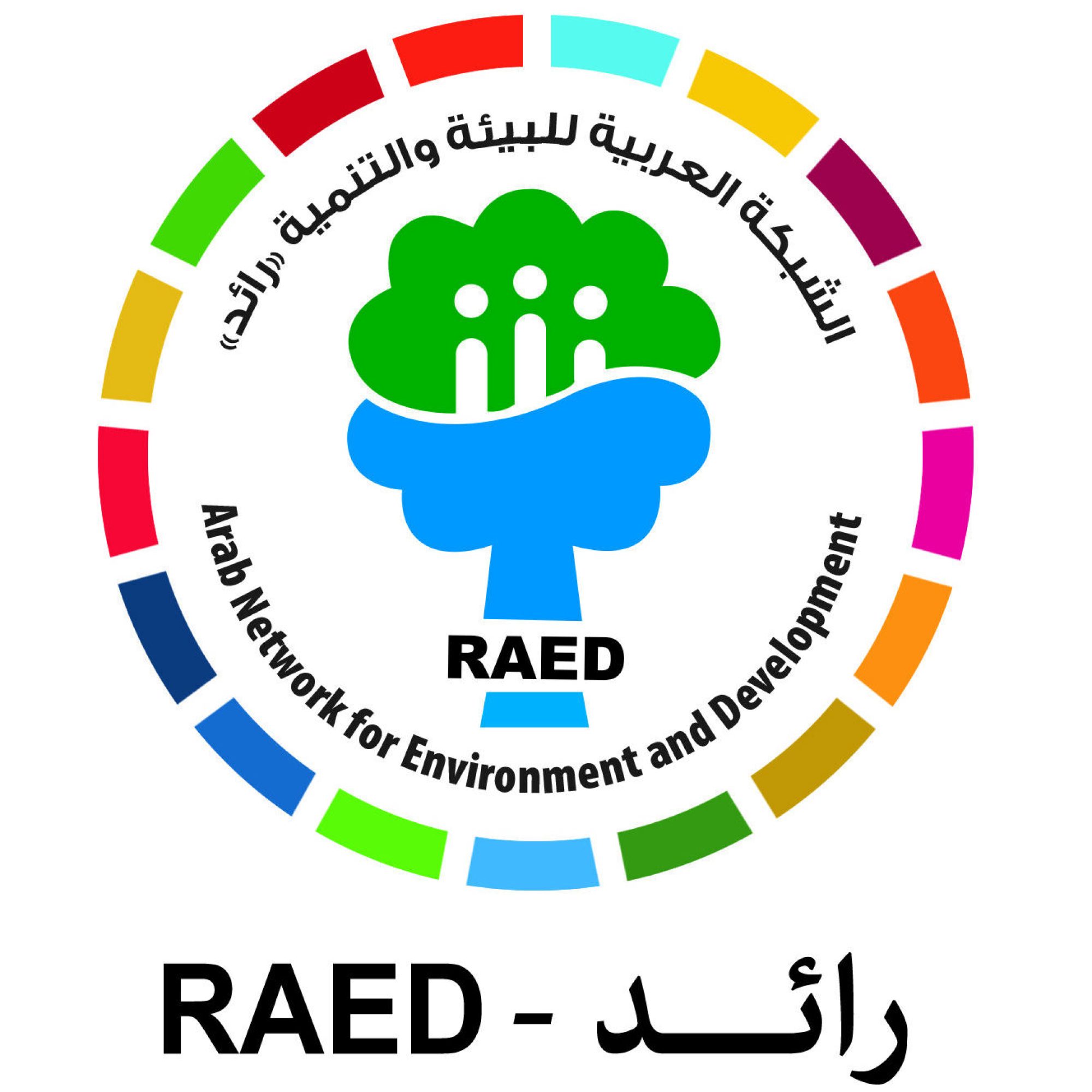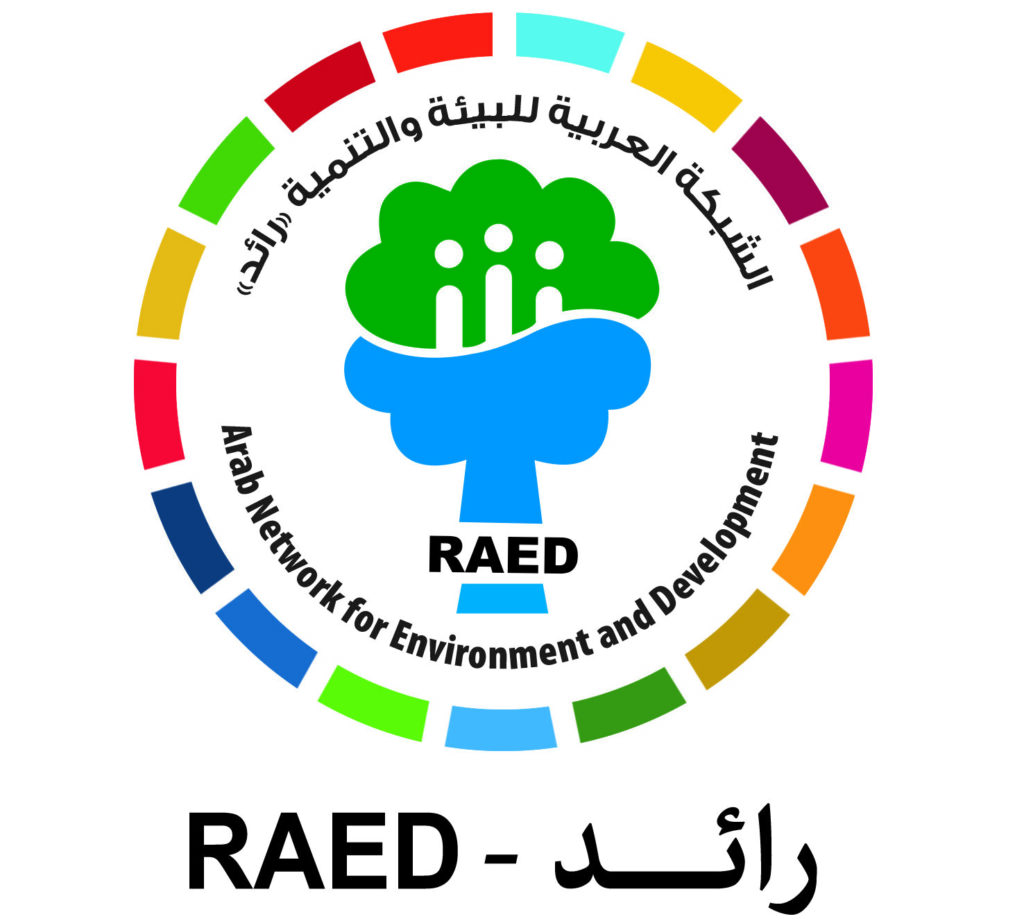RAED Launches Phase Two of the “TeraMED” Clean Energy Campaign Under the Auspices of the Ministry of Environment
Fouad: The “TeraMED” initiative is a real-world model linking climate change, biodiversity and desertification
Adly: Consolidating the achievements of the first phase through policy integration and enhanced media capacity
Under the auspices and in the presence of Dr. Yasmine Fouad, Egypt’s Minister of Environment, Dr. Emad El-Din Adly, General Coordinator of the Arab Network for Environment and Development (RAED), officially announced the launch of the second phase of the TeraMED Campaign for a just and sustainable energy transition in the Mediterranean region. The event, held at the Environmental Cultural and Educational Center “Beit El-Cairo” in Al-Fustat, was attended by representatives of the TeraMED Campaign from outside Egypt, relevant stakeholders, experts, academics, civil society organizations and various media outlets.
In her remarks, Minister Fouad emphasized the significance of the TeraMED Initiative in addressing environmental and climate challenges. She highlighted that one of the most important features of the initiative is its roots in civil society, which enables it to align closely with the aspirations of the United Nations Climate Change Conferences—particularly decisions related to supporting the transition to renewable energy and addressing the challenges faced by Mediterranean countries due to climate change, especially the impacts on local communities.
The Minister reviewed Egypt’s efforts in the field of new and renewable energy, particularly in relation to the country’s Nationally Determined Contributions (NDCs), and its ambition to achieve a 42% share of renewable energy in its energy mix by 2030. She underscored that investments in new and renewable energy have proven to be highly profitable across the Mediterranean and in African countries, providing a strong incentive for private sector engagement.
Fouad pointed out that the main challenge to accelerating a just and sustainable energy transition lies in creating promising opportunities through legislation and incentives for the private sector, as well as strengthening energy grids. This is especially critical considering the debt burdens facing developing and emerging economies, which are caught between fulfilling climate commitments and achieving the desired sustainable development goals.
She further affirmed that Egypt has the capacity to help achieve the “Terawatt” goal—a bold target for the Mediterranean region—but reaching it requires the right tools, particularly access to finance. She stressed the need for a genuine transformation of the international financing system. Investing in renewable energy in the Mediterranean, she stated, not only protects the environment but also generates employment and enhances community resilience.
Fouad emphasized the importance of integrating the TeraMED Initiative into nature-based solutions, linking it not only to coastal community protection but also to food security and agriculture. This integrated approach—connecting climate change, biodiversity, and desertification—is what sets TeraMED apart from other renewable energy initiatives in the Arab and African regions, and across the Mediterranean. She also noted her intention to facilitate the participation of the TeraMED Campaign in the exhibition during Egypt’s hosting of the upcoming Conference of the Parties to the Barcelona Convention on the Protection of the Mediterranean Sea Against Pollution this December.
For his part, Dr. Emad Adly, Head of the Arab Office for Youth and Environment and General Coordinator of RAED, stressed the importance of the second phase of the TeraMED Initiative. He noted that the first phase led to one of the campaign’s most significant recommendations: to triple the pace of renewable energy deployment by 2030. RAED has been entrusted with coordinating civil society efforts across Mediterranean and Middle Eastern countries to raise awareness of the initiative and its objectives—a goal already achieved in several Southern Mediterranean countries including Egypt, Tunisia, Algeria, and Morocco.
Adly explained that the second phase of the campaign focuses on consolidating the gains of the first phase by integrating its recommendations into national policies and energy plans. It also includes the development of participatory policy papers in collaboration with partner organizations and stakeholders, based on national and local consultation meetings. In addition, the TeraMED Campaign aims to strengthen environmental media through specialized training programs and empower youth by supporting digital campaigns and clean energy initiatives across all sectors.
The launch event featured a presentation of the activities and achievements of the first phase of the TeraMED Campaign at both the national and regional levels. An open discussion session followed, exploring effective mechanisms for accelerating the goal of generating one terawatt of renewable energy, Egypt’s potential leadership role in this endeavor at the regional and Mediterranean levels, key challenges to achieving this overarching target in the campaign’s second phase and the opportunities available to ensure its sustainability. Participants also discussed how partnerships between government, private sector and civil society could be strengthened, as well as the vital roles that youth, media and civil society can play in localizing the campaign’s goals.
The TeraMED Campaign is the first regional initiative of its kind that seeks to accelerate the adoption of renewable energy in the Mediterranean region and promote a just energy transition through national policies, green financing and civil society engagement. Its ambitious goal is to generate one terawatt of renewable energy in the Mediterranean region by 2030, leveraging the region’s vast potential.
As part of its second phase, the campaign will work toward formulating a unified regional stance that reflects the voice of civil society across the Mediterranean. This will be presented at the upcoming UN Climate Change Conference (COP30), scheduled to take place in Belém, Brazil, at the end of the year—amplifying the region’s call for a more just and sustainable energy future.


